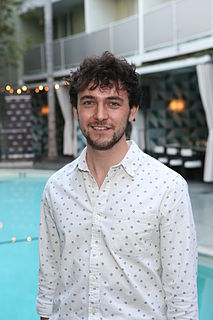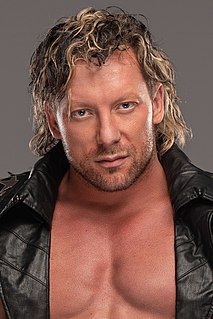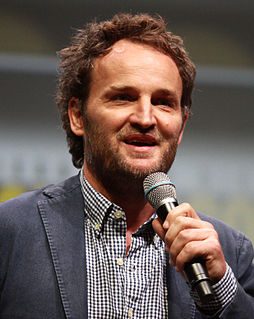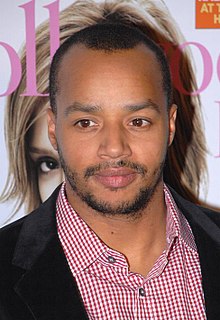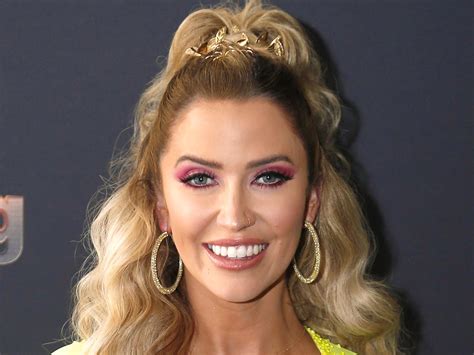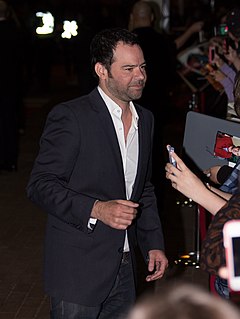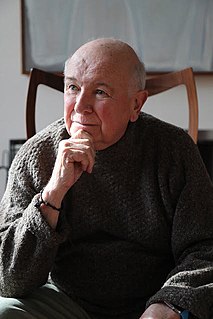A Quote by George Blagden
They have a good ethos at Guildhall in that they basically throw loads of different things at you. Their theory is that after you leave, if you use 10 of those 100 things, that's great. The other 90, you might not agree with or might not work for you as an actor. But if you can find 10 that work for you, then ultimately you leave as a better actor.
Related Quotes
One of the many things I love about working with Ryan Murphy is that you're always thin-sliced in this business. You walk into a room and people want you to be how you look or how you're perceived or whatever it is in that 10 minutes that hey meet you. I think Ryan [Murphy] has an intuition that looks a little bit deeper and sees things that other people might not see in you - sometimes you might not even see in yourself - but that he knows are there and that he might want to get to grow and stretch with as an actor.
It's crazy, it's different. It's what I wanted, but it's different. It's not exactly what I wanted, you know what I mean? If you become an actor you want to be a successful actor; but with success comes a lot of things. Some of it's great! It's great to be able to pay your rent from the work that you do.
As a rule, with me an unfinished [idea] is a thing that might as well be rubbed out. It's better, if there's something good in it that I might make use of elsewhere, to leave it at the back of my mind than on paper in a drawer. If I leave it in a drawer it remains the same thing but if it's in the memory it becomes transformed into something else.
Work with good directors. Without them your play is doomed. At the time of my first play, I thought a good director was someone who liked my play. I was rudely awakened from that fantasy when he directed it as if he loathed it. . . . Work with good actors. A good actor hears the way you (and no one else) write. A good actor makes rewrites easy. A good actor tells you things about your play you didn't know.
I think a good painting or a good work of art does many things it wants, I mean, maybe 15 or 20 or 100. One of the things a painting does is to make the room look better. It improves the wall that it's on. Which is much harder than it looks. And that's a good thing. And if one engages with a painting on that level, that's fine, that's great. After some time, familiarity, the other things that a painting does, the other layers, they just start to make themselves felt.
